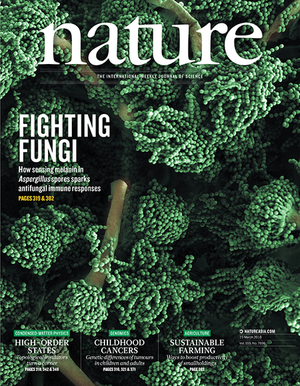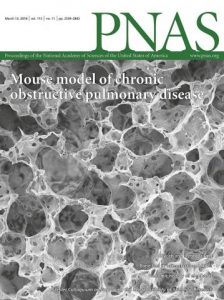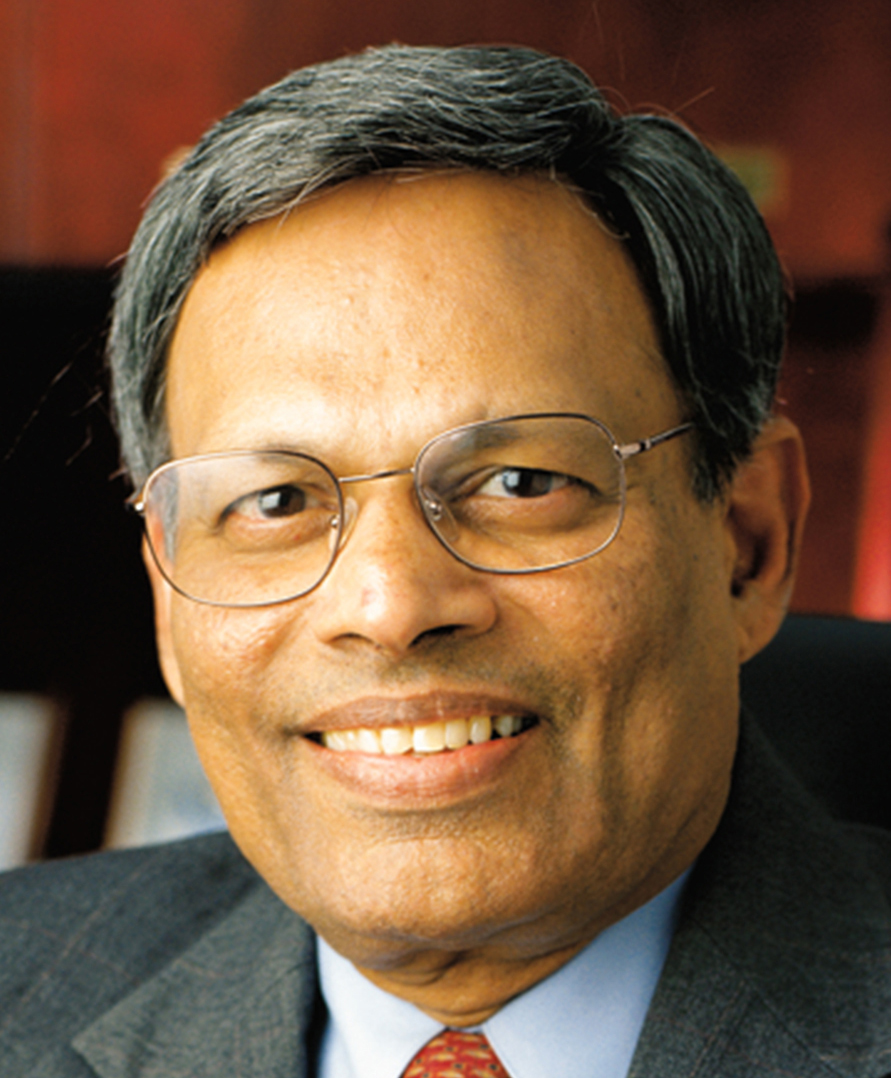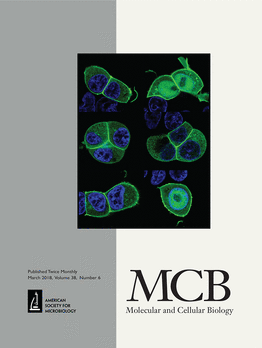 Titles: 1) Notch-1 induces Epithelial-mesenchymal transition consistent with cancer stem cell phenotype in pancreatic cancer cells
Titles: 1) Notch-1 induces Epithelial-mesenchymal transition consistent with cancer stem cell phenotype in pancreatic cancer cells
2) Sensitization of squamous cell carcinoma to cisplatin induced killing by natural agents
What Caught Our Attention: Regular readers will be familiar with the saga involving Fazlul Sarkar and PubPeer: In 2014, Sarkar sued anonymous commenters on the site, claiming defamation (and that damaging comments may have cost him a new job). Although Sarkar won an initial ruling, it was overturned by an appeals court. In the midst of that, the ACLU (which represented PubPeer in the case) released a copy of a misconduct investigation report compiled by Sarkar’s institution, Wayne State University, which concluded that he had committed enough misconduct to warrant retracting 40 papers. The two latest notices, both of which cite Wayne State’s investigation, bring Sarkar’s total to 21. Continue reading Caught Our Notice: Researcher who sued PubPeer commenter up to 21 retractions
 How much role did a potentially problematic paper play in the demise of a once-promising compound?
How much role did a potentially problematic paper play in the demise of a once-promising compound?
 Errors in a 2017 paper about a new cancer test may have occurred because of a simple typo while performing calculations of the tool’s effectiveness.
Errors in a 2017 paper about a new cancer test may have occurred because of a simple typo while performing calculations of the tool’s effectiveness.
 For a host of reasons, a journal has retracted a paper co-authored by a researcher who reportedly once faced charges of practicing medicine without proper qualifications.
For a host of reasons, a journal has retracted a paper co-authored by a researcher who reportedly once faced charges of practicing medicine without proper qualifications.  A researcher who is
A researcher who is 

